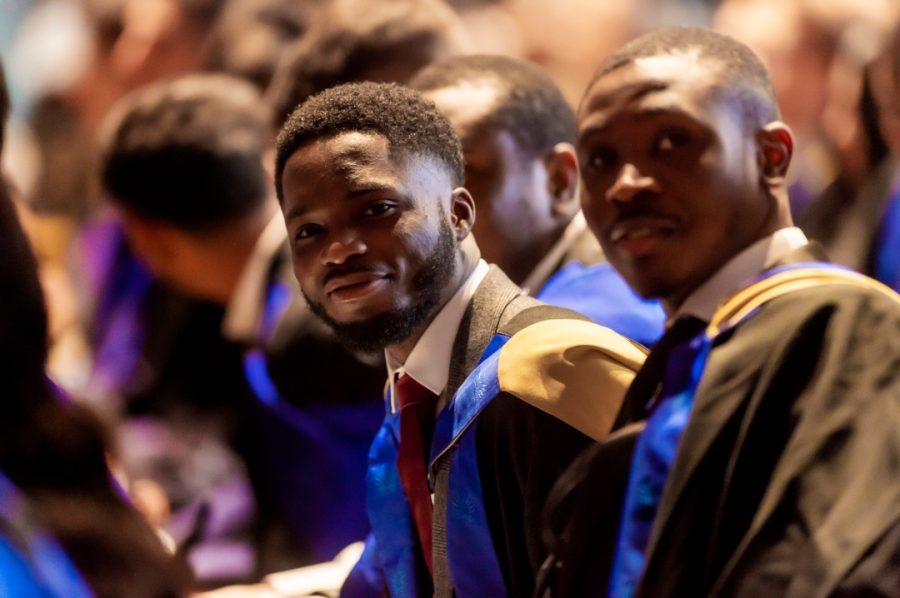
African students pursuing education abroad are facing heightened scrutiny as the United States and United Kingdom ramp up enforcement of immigration compliance,raising concerns about travel equity and academic opportunity.
In the U.K.,the Home Office has launched a campaign warning tens of thousands of international students — many from Africa — about overstaying visas. Officials cite an “alarming” rise in student-to-asylum transitions,with Nigerians among the top applicants. Universities now face stricter visa sponsorship rules,while removal orders for non-compliant students begin this month. Meanwhile,the U.S. Mission in Nigeria issued a compliance reminder stressing that dropping out or skipping classes can lead to immediate visa revocation. Proposed Department of Homeland Security rules may soon replace open-ended “duration of status” (DOS) visas with fixed four-year limits,slashing grace periods and tightening program-switching options for F-1 and J-1 visa holders.
African student mobility has surged — Nigerian enrolment in U.S. institutions rose 13.5% in 2023/24,reaching over 20,000 students. Yet,these new enforcement measures threaten to complicate legitimate academic journeys. Critics argue these policies disproportionately impact African students,many of whom already face long visa queues and high rejection rates. Compounding the issue,no African country has ever been admitted to the U.S. Visa Waiver Program due to high overstay rates and technical hurdles. With both Washington and London emphasizing control over access,African students now navigate an increasingly uncertain path toward global education. Meanwhile,amid U.S. immigration crackdowns,some African leaders consider closer ties with China. However,Beijing continues to exclude African nations from key visa-free travel programs,reinforcing marginalization.
United News - unews.co.za